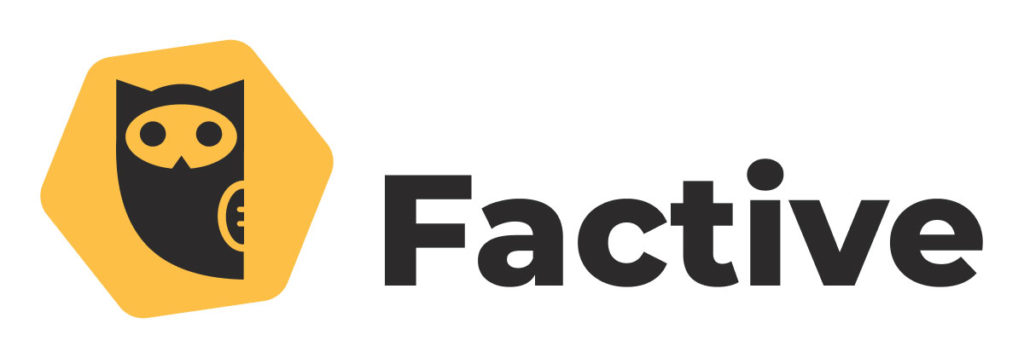
Since we started to track competitors with research and data, we have done it exactly the same. The companies have selected the brands, it considered to be its nearest competitors, meaning other companies that sell exact or comparable goods and services within the same market. And the brands are measure on the same variables; awareness, knowledge, preference, trial, purchase, loyalty and so on.
This type of tracking is still the most common approach today. Used to have realistic expectations to sales and market share development and to pre-empt immediate threats in the market.
But most often the competitive set as defined by the companies are not the competitive set revealed in consumer behavior. Delivering the same utility, at comparable price points, and having for instance similar country of origin or productions is by no means that same as a guarantee that consumers considers the two offerings as alternatives. More often than not we see, that from a consumer perspective is different than that of the industry that targets it.
In the connected global digital world this perspective is of course even greater. Not just because more competitors have access to the same consumers. But also, because the boundaries between different product and service categories are blurring and merging often thanks to technology.
Understanding the consumer perspective and journey can never be achieved looking only at direct competitors. Why? Because it’s based on a silo mentality that doesn’t reflect the life of any consumer. In almost no cases, do we find that the consumer is so focused on one potential purpose for more than minutes, that other related or seemingly unrelated consideration affects their behavior.
Is it not likely that consumers looking to buy a new car, are just looking at car brands in a certain price bracket? They would consider electrical. They could also consider leasing or subscription offers. Not surprising, but this has a significant impact on traditional competitive research. Because for instance leasing and subscription services shifts the behavior from being product and brand driven into a new context.
Consumers in the market for cosmetic surgery aren’t just looking for hospitals or clinics. They are looking at cosmetologists, fitness centers, personal training, nutritional supplements, beauty care products, and other services focused on looking good.
Surely understanding the behavior surrounding buying your products and is critical if you want to know, how you can be more effective in your market driven efforts? Isn’t it then interesting that almost no competitive research is aimed at this?
It is not highly likely that most of the global brands in the hotel industry had Air BnB in their tracking studies early on. Because they are selling a different product. But it’s fair to assume that many of them probably wish they had.
Factive is committed to making change in the world removing doubts as the barrier for doing. We want to challenge the current realities of the status quo with imagination powered by technology and data to create more meaningful and useful relationships between people and brands that lead to growth. We help business grow by creating dynamic and predictive datasets, that are more accurate, more cost effective and faster processed than any other approach.
Learn more at: https://factive.io



